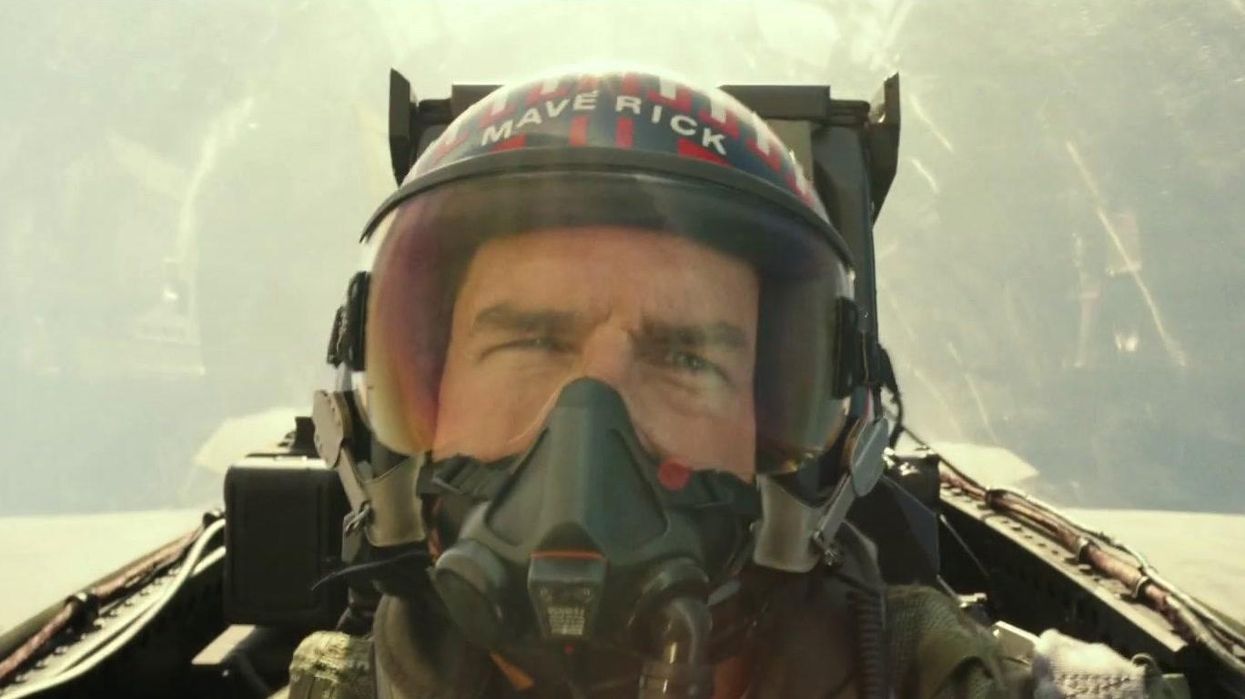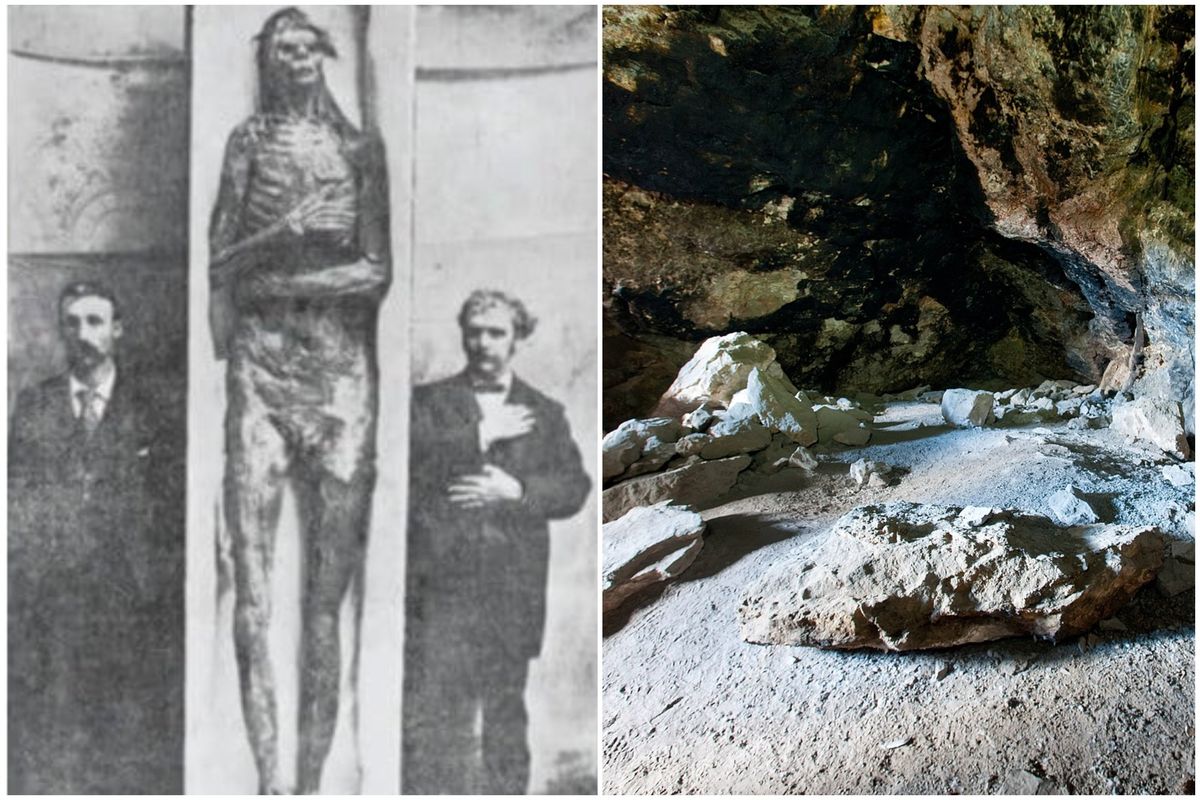Showbiz
Harry Fletcher
Oct 11, 2022
Top Gun: Maverick (Trailer 3)
Paramount
People really loved Top Gun: Maverick when it came out earlier this year – so much, in fact, that it took almost $1.5billion at the box office.
But according to Neil deGrasse Tyson, Tom Cruise’s action movie would have looked very different if it had actually adhered to the laws of physics.
The astrophysicist has given his thoughts on the movie and explained that one of the key stunts in the film in which Cruise’s character Pete 'Maverick' Mitchell survives would have actually ended up in a pretty nasty death.
Taking to Twitter, Tyson discussed the scene which sees Maverick trying to reach Mach 10.5, before ejecting himself from the plane and managing to escape unscathed.
Sign up for our free Indy100 weekly newsletter
It makes for an exciting watch, but according to Tyson, it would have resulted in instant death.
He wrote: "Maverick ejects from a hyper sonic plane at Mach 10.5, before it crashed. He survived with no injuries. At that air speed, his body would splatter like a chainmail glove swatting a worm."
Ouch.
He added: "At supersonic speeds, air cannot smoothly part for you. You must pierce it, which largely accounts for the difference in fuselage designs between subsonic and supersonic planes. For this reason, the air on your body, if ejecting at these speeds, might as well be a brick wall."
"When Maverick ejected at Mach 10.5, he was going 7,000 mph, giving him 400 million joules of kinetic energy - the explosive power of 100 kg of TNT. A situation that human physiology is not designed to survive. So, no. Maverick does not walk away from this. He'd be dead. Very dead."
If that wasn’t enough to ruin the film, he also pointed out that if the pilots had decided to destroy the missile banks in the film’s climactic scene they wouldn’t have needed to fly low in order to avoid themselves being detected by them on the enemy radar.
He said: "They dangerously fly under the radar, through a narrow, winding canyon to destroy a target, avoiding multiple banks of surface-to-air missiles. But why not first take out the missile banks? Could then fly without daredevil [manoeuvres]. Just sayin'."
Have your say in our news democracy. Click the upvote icon at the top of the page to help raise this article through the indy100 rankings.
Top 100
The Conversation (0)














